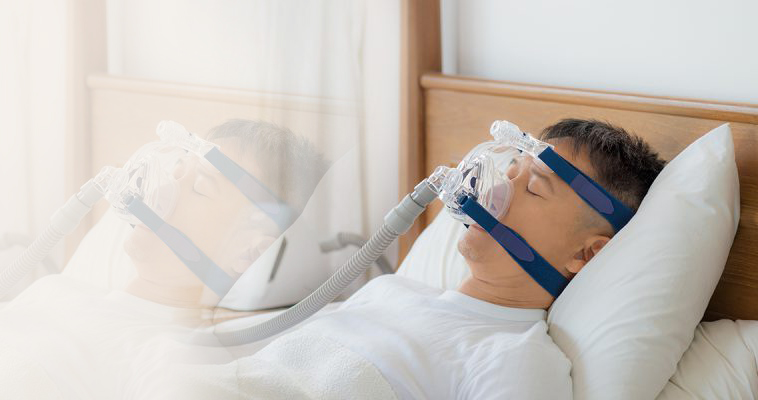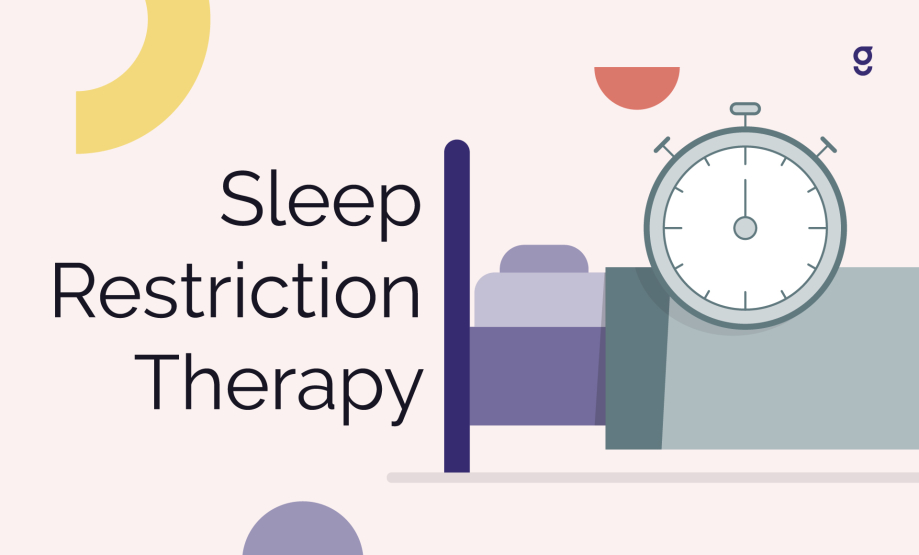Cognitive Behavioral Therapy for Insomnia (CBT-I) - Proven Methods
Cognitive Behavioral Therapy for Insomnia (CBT-I) - Proven Methods
Blog Article
Effective Treatment Solutions for Managing Rest Disorders and Enhancing Relaxing Sleep
In the realm of health care, the management of sleep disorders and the quest for relaxing sleep are essential components of total health. As we browse the elaborate landscape of rest conditions and seek to improve our sleep experience, a deeper understanding of these therapy services might hold the key to unlocking an extra refreshing and fulfilling corrective trip.
Cognitive Behavior Modification for Sleeping Disorders (CBT-I)
Cognitive Behavior Modification for Sleeping Disorders (CBT-I) is an organized, evidence-based treatment approach that concentrates on addressing the underlying variables contributing to sleep disturbances. This type of treatment aims to modify behaviors and ideas that aggravate sleeplessness, inevitably promoting healthy and balanced rest patterns. CBT-I normally involves a number of crucial elements, including cognitive treatment, rest limitation, stimulus control, and rest health education and learning.
Cognitive therapy aids individuals determine and alter adverse thought patterns and beliefs concerning rest that may be hindering their capability to fall or stay asleep. Sleep restriction includes restricting the quantity of time spent in bed to match the individual's real sleep duration, consequently boosting sleep performance (insomnia therapy). Stimulation control techniques assist establish a strong organization between the bed and sleep by urging people to go to bed just when sleepy and to prevent participating in stimulating tasks in bed
Moreover, sleep health education and learning concentrates on developing healthy and balanced sleep practices, such as preserving a consistent rest routine, producing a relaxing going to bed regimen, and optimizing the rest environment. By attending to these elements comprehensively, CBT-I offers an effective non-pharmacological treatment for managing sleeplessness and enhancing overall rest high quality.
Rest Health Practices
Having actually developed the structure of cognitive restructuring and behavioral adjustments in addressing sleeping disorders via Cognitive Behavior modification for Sleep Problems (CBT-I), the emphasis now moves in the direction of discovering vital Rest Hygiene Practices for maintaining optimum sleep quality and general wellness.
Sleep health techniques encompass a series of practices and environmental elements that can significantly impact one's capability to drop off to sleep and stay asleep throughout the evening. Constant sleep and wake times, developing a relaxing going to bed routine, and enhancing the sleep setting by keeping it dark, silent, and cool are essential parts of good sleep health. Limiting direct exposure to screens before going to bed, staying clear of stimulants like high levels of caffeine near bedtime, and participating in routine physical task throughout the day can additionally promote better rest quality.
In addition, exercising leisure methods such as deep breathing exercises or reflection prior to bed can help relax the mind and prepare the body for rest. By integrating these rest health methods right into one's daily regimen, individuals can establish a healthy sleep pattern that supports relaxed sleep and overall well-being.
Relaxation Methods and Mindfulness
Executing relaxation methods and mindfulness practices can play a critical function in cultivating a sense of calm and promoting top quality sleep. Additionally, led imagery can assist carry people to a calm area in their minds, aiding in stress and anxiety reduction and enhancing sleep top quality.
By incorporating these methods into a going to bed routine, people can signal to their bodies that it is time to prepare and loosen up for sleep. Overall, integrating relaxation methods and mindfulness techniques can considerably add to managing sleep problems and improving overall sleep quality.

Medication Options for Sleep Disorders
After discovering relaxation methods and mindfulness techniques as non-pharmacological treatments for improving rest high quality, it is vital to consider medicine options for individuals with rest problems. In instances where way of life adjustments and treatment do not supply enough relief, medicine can be an important tool in managing sleep disruptions.
Typically recommended medications for sleep disorders include benzodiazepines, non-benzodiazepine hypnotics, antidepressants, and melatonin receptor agonists. Benzodiazepines, such as diazepam, are sedatives that can assist induce rest, but they are typically recommended for short-term usage because of the danger of dependancy. Non-benzodiazepine hypnotics like zolpidem are additionally made use of to deal with insomnia and have a reduced threat of dependancy compared to benzodiazepines. Antidepressants, such as trazodone, can be helpful for people with co-occurring clinical depression and rest disruptions. Melatonin receptor agonists, like ramelteon, target the body's natural sleep-wake cycle and can be practical for controling rest patterns.
It is crucial for individuals to talk to a healthcare company to identify the most suitable drug choice based on their details sleep disorder and case history.
Light Therapy for Body Clock Regulation
Light therapy, additionally called phototherapy, is a non-invasive therapy approach made use of to manage body clocks and enhance sleep-wake cycles. This treatment entails direct exposure to intense light that simulates natural sunlight, which assists to reset the body's biological rhythm. By exposing individuals to specific wavelengths of light, typically in the early morning or night depending upon the desired impact, light treatment can effectively adjust the circadian rhythm to promote wakefulness throughout the day and enhance relaxing sleep in the evening.
Study has shown that light treatment can be especially valuable for individuals with body clock problems, such as delayed sleep stage disorder or jet lag. It can likewise be useful for those experiencing seasonal affective problem (SAD), a sort of clinical depression that commonly occurs throughout the cold weather when natural light exposure is reduced. Light treatment is normally well-tolerated and can be made use of combined with other treatment techniques for rest conditions to enhance end results and enhance total rest top quality.
Conclusion
Finally, effective therapy remedies for handling rest conditions and boosting restful rest include Cognitive Behavior modification for Insomnia (CBT-I), sleep hygiene techniques, leisure techniques and mindfulness, drug choices, and light treatment for body clock regulation. These techniques can assist individuals boost their rest quality hypothyroidism and insomnia and general wellness. It is necessary to talk to a doctor to determine the most appropriate method for addressing sleep problems.
As we navigate the complex landscape of sleep disorders and look for to boost our rest experience, a much deeper understanding of these therapy services might hold the key to unlocking an extra refreshing and satisfying restorative trip.
Rest restriction entails limiting the amount of time invested in bed to match the individual's actual sleep duration, consequently raising rest performance. Constant rest and wake times, creating a relaxing going to bed regimen, and enhancing the rest setting by keeping it dark, quiet, and cool are essential parts of great sleep health. Light therapy is typically well-tolerated and can be utilized in conjunction with various other treatment approaches for rest disorders to maximize results and boost overall sleep quality.

Report this page